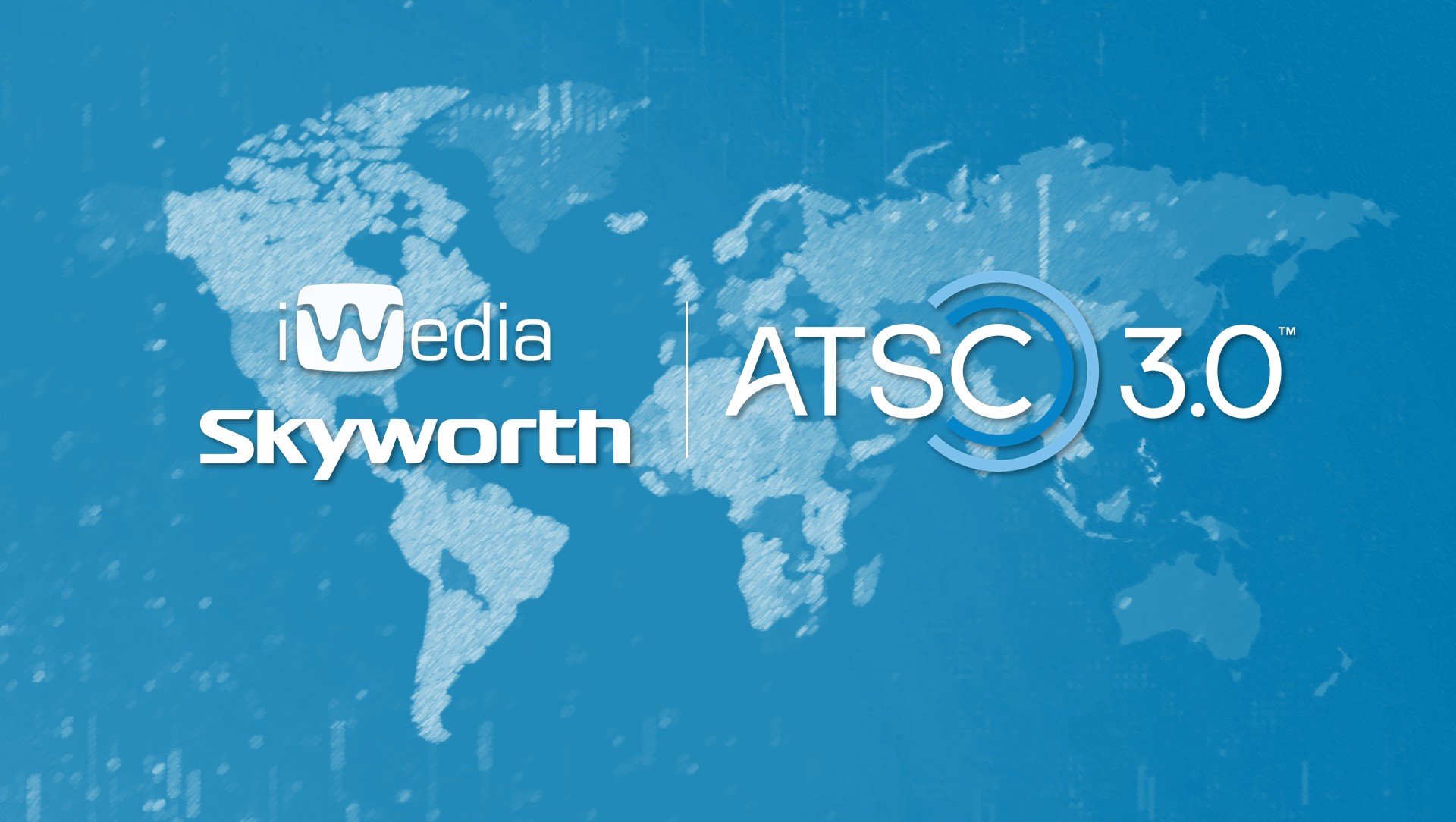Last week the European Union (EU) Telecoms Commission adopted a proposal to select systems to provide mobile satellite services (MSS) using spectrum in the 1980 to 2010 MHz band for Earth-to-space communications and 2170 to 2200 MHz band for space-to-Earth communications. “Complementary ground components”, which are similar to what the FCC calls the “ancillary terrestrial component”, are allowed, subject to conditions that they be used only as part of the satellite system.
Viviane Reding, the EU’s Telecom Commissioner, explained. “The potential for Europe-wide mobile satellite services is massive—think mobile television, think broadband for all, think public protection and disaster relief,” she said. “The new way the Commission proposes today to select mobile satellite services will give Europe’s industry the necessary confidence to invest in new EU-wide services for citizens. It will also help bridge the digital divide by improving coverage in the EU’s remote areas.”
If the EU Parliament and Member States adopt the proposal, it will ensure there is one, not 27 markets, in Europe for MSS.
The proposal includes a single comparative selection procedure that assesses candidate systems technically and commercially.
For more details, the Proposal is available on line.
The professional video industry's #1 source for news, trends and product and tech information. Sign up below.

Doug Lung is one of America's foremost authorities on broadcast RF technology. As vice president of Broadcast Technology for NBCUniversal Local, H. Douglas Lung leads NBC and Telemundo-owned stations’ RF and transmission affairs, including microwave, radars, satellite uplinks, and FCC technical filings. Beginning his career in 1976 at KSCI in Los Angeles, Lung has nearly 50 years of experience in broadcast television engineering. Beginning in 1985, he led the engineering department for what was to become the Telemundo network and station group, assisting in the design, construction and installation of the company’s broadcast and cable facilities. Other projects include work on the launch of Hawaii’s first UHF TV station, the rollout and testing of the ATSC mobile-handheld standard, and software development related to the incentive auction TV spectrum repack. A longtime columnist for TV Technology, Doug is also a regular contributor to IEEE Broadcast Technology. He is the recipient of the 2023 NAB Television Engineering Award. He also received a Tech Leadership Award from TV Tech publisher Future plc in 2021 and is a member of the IEEE Broadcast Technology Society and the Society of Broadcast Engineers.
